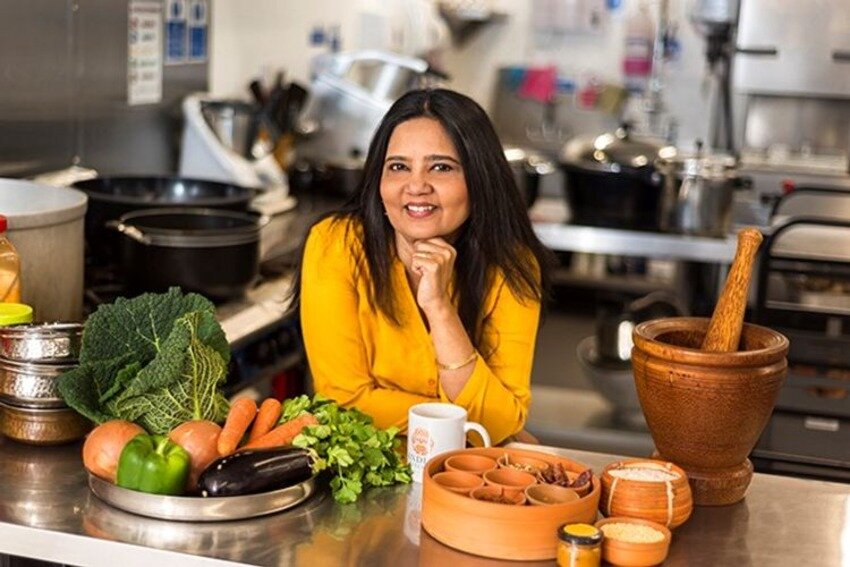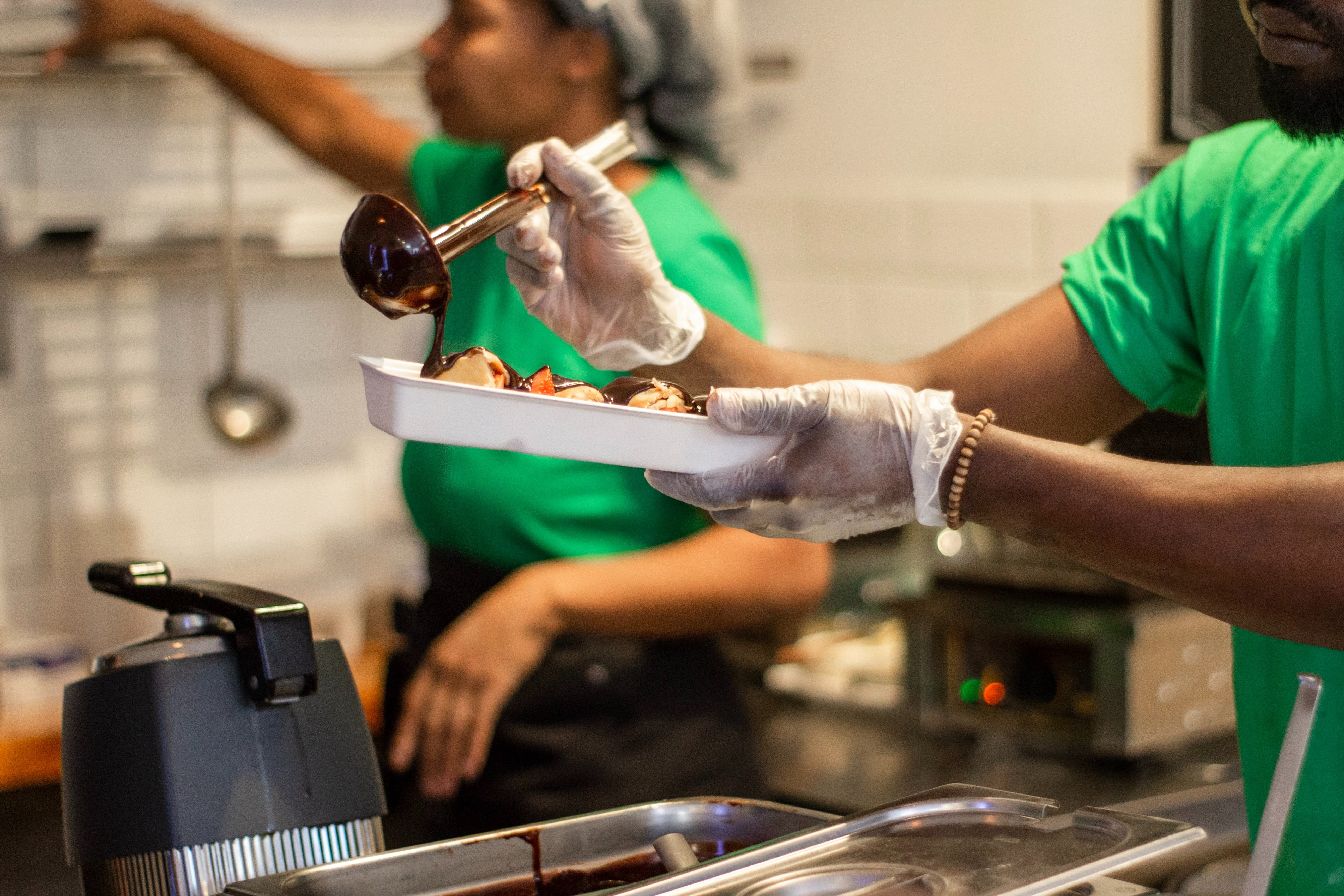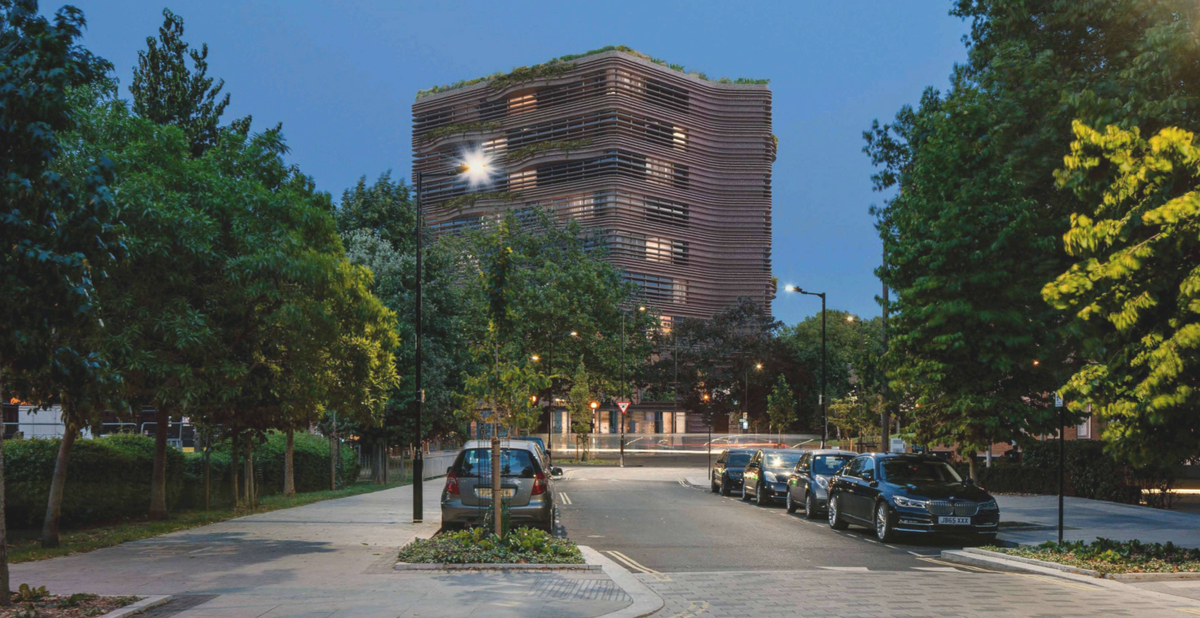Calls to overhaul 'ridiculous' visa rules as hospitality struggles to recruit
A restaurateur has said the visa system ‘beggar’s belief’ after her applications to sponsor hospitality roles were refused by the Home Office.
Mandira Sarkar (pictured below), owner of Mandira's Kitchen café and delivery business in Guildford, has called for the government to introduce a specific visa for hospitality staff after she put out 15-20 job adverts but struggled to get any UK applicants.
She is looking to hire a skilled chef to cook Indian cuisine as well as a kitchen porter to help with heavy lifting.
Last December Sarkar applied to sponsor visas for two international staff to work in the café but said she was turned down by the Home Office
Sarkar said: “Some of the reasons we were given [for being turned down] were quite amazing. They said when I put in the application, I used the word ‘chef’ but when I spoke to them said ‘cook’, so obviously I don’t require a chef. It is ridiculous. It beggar’s belief.”
She added: “There are lots of people in the EU who are willing to come [and work] but we can’t get anybody because they’re not allowed to.”
Overseas nationals looking to work in most hospitality roles in the UK need a skilled worker visa, which requires a minimum salary of £25,600 per year or £10.10 per hour.
The government website states that “most applications” are dealt with in less than eight weeks but Sarkar said she waited seven months until her request was turned down.

The number of job vacancies in the hospitality sector hit 176,000 between April and June this year, according to the Office for National Statistics (ONS).
In March the ONS said almost 100,000 EU nationals had left jobs in the accommodation and food services sectors in the two years to June 2021, the highest level of any industry.
Sarkar called for the introduction of a sector-specific visa for hospitality staff to help plug staffing gaps.
“If you’ve got people willing to come and work in the hospitality and care sectors, they should be given a visa.
“If I advertise and can’t get anybody from [the UK] I should be able to get anybody from anywhere because ultimately, you’re helping to create a job in the economy. If I close [my business] there are 16 people who will lose their jobs.”
Visas for entry-level roles
Last week Sacha Lord (pictured below), night-time economy adviser for Greater Manchester, called for entry-level hospitality roles, including waiters, line cooks and receptionists, to be put on the government’s shortage occupation list, which offers lower barriers to entry and reduced visa fees for certain professions.
Lord said: “We have not yet seen a realistic or pragmatic approach to stemming this recruitment crisis despite countless warnings from the hospitality sector that this crisis would not only come to fruition, but escalate post-Covid.
"We were promised that bilateral relations with countries such as Australia would ease the difficulties, but two years on from our official exit from the European Union, we still do not have any immediate, credible policies in place to aid businesses in their time of need.”

Sarkar said that without a solution she may have to outsource some production at her café and delivery business or think about shutting it down.
She said: “At the beginning I was getting stressed [about it] but what’s the point. I spent six years building something up, but this is so beyond your control. It’s like energy prices, your bill goes from £600 to £1,600 in a month and there is absolutely nothing you can do.
“How many businesses need to shut before somebody notices? [The government] are so busy fighting their leadership election to notice what’s happening to businesses or people out there.”
A Home Office spokesperson said: “Under the UK’s points-based immigration system, we are able to select the best and brightest to come to work in the UK.
“However, employers should look to the domestic labour market rather than rely on labour from abroad through making investments in the UK through training, wage increases and career options.”
Image: Louis Hansel / Unsplash


















